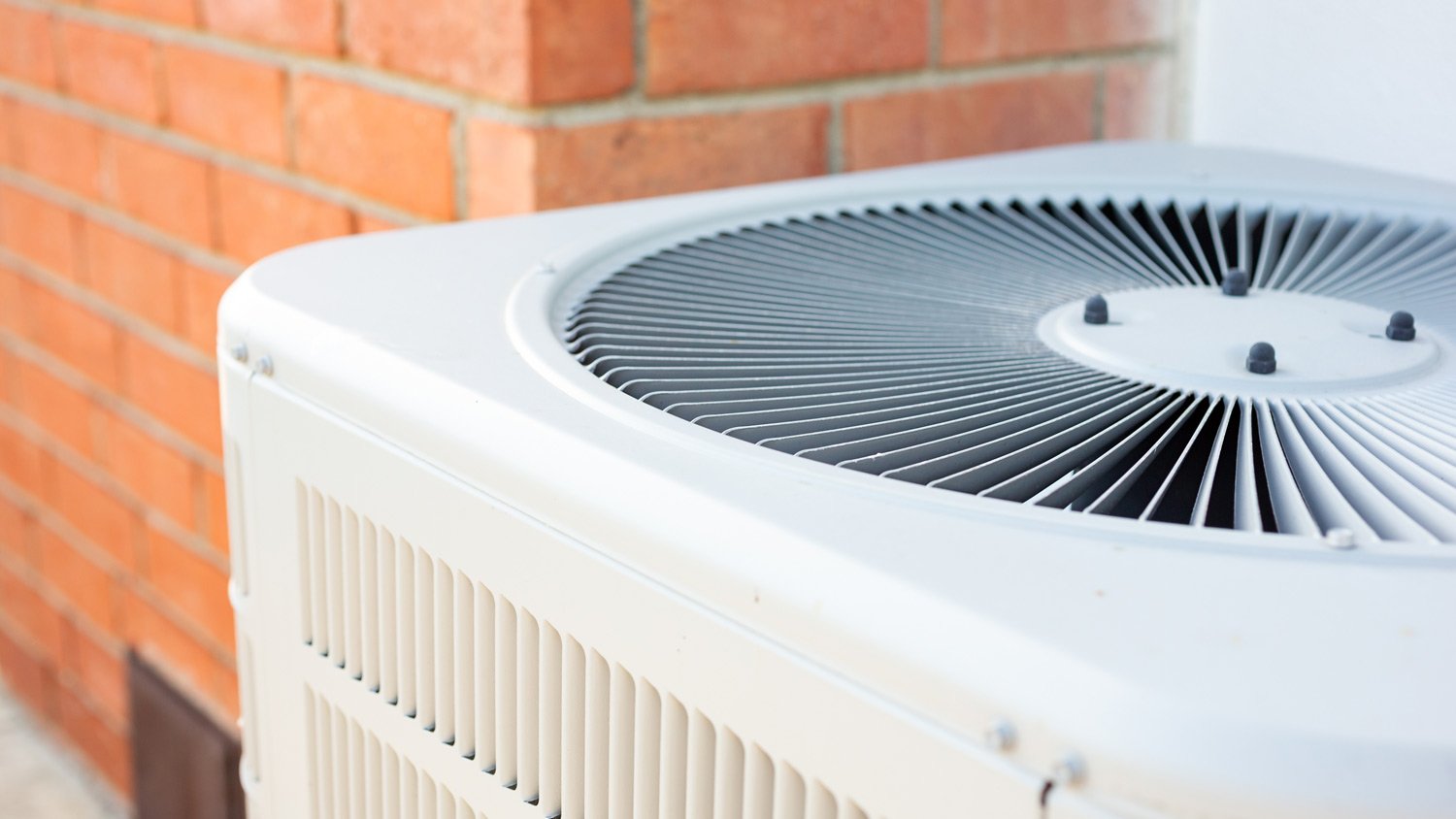
Discover the true window AC unit installation cost to learn about labor, permits, and ways to save on your window AC project.
Take care of it, and your heating system will take care of you


We don’t worry about our heating systems unless there’s a problem or it's already cold outside. To ensure that we don’t have to worry at all, it’s wise to maintain that heating system regularly. It can be overwhelming for a first-time homeowner, but don’t worry; we’ve got the bases covered and are here to walk you through the right way to get the job done.
The key to making sure your heating system lasts a long time is to schedule regular maintenance. If you have a heat pump system, that means starting with having an HVAC professional inspect your heat pump.
Heat pumps work year-round, both cooling and warming your home. Since they can suffer from wear and tear just through regular use, it’s a good idea to have your pump inspected twice a year, once before the cooler temperatures arrive and once before warm weather settles in.
Your HVAC system’s ducts are responsible for delivering and getting rid of heated air as required. It’s important that you have an HVAC professional in your area clean them at least once a year to ensure maximum airflow.
If you smoke or live with a smoker, have pets, or suffer from allergies, you may want to have your ducts cleaned more than once a year just to make sure things are as clear as they can be and your heating system remains fully operational. If you aren’t sure if once a year is sufficient, ask the HVAC professional you hire for their take.
If your home heating system operates using a heat pump, you must use the right settings. While it may be tempting to hit the “emergency heat” button on your thermostat to get a quick blast of heat to your home, pressing the “heat” button should be sufficient. You should only use the emergency heat button in—you guessed it—emergencies, like if ice or debris hampers the system.
Using the wrong setting can be hard on the heat pump and make for additional wear and tear. Plus, you will see higher energy bills if you use the emergency setting as it causes the pump to work extra hard.

Heat pump systems have indoor units and outdoor units. To keep your heating system working efficiently, make sure that you keep those outdoor units clear of debris (like fallen leaves) and ice or snow buildup.
Did you know that in addition to heating your home, your heating system also has air filters? And you need to replace air filters regularly to maintain your heating system properly.
Replacing your air filters every 30 to 60 days does more than cut back on allergens in your home; it keeps your heating system working efficiently. If you don’t know how to replace the air filters yourself, speak with an HVAC professional who will be happy to do it for you or give you a few choice tips.
Owners of newer heating systems can skip this one, but if you have an older model of heating system, ask your HVAC professional to oil the components as needed during your next tune-up.
Lubricating these older models helps them move air more efficiently and extend your heating system’s lifetime. A well-oiled machine could get you through one more winter without having to replace or retrofit your entire heating system.
From average costs to expert advice, get all the answers you need to get your job done.

Discover the true window AC unit installation cost to learn about labor, permits, and ways to save on your window AC project.

What you’ll pay in Atlanta, Georgia, for furnace repairs depends on many factors. Here’s a breakdown of what can go wrong and the cost to fix those issues.

Discover the factors influencing air duct replacement costs in Atlanta, GA. Learn how to save money and make an informed decision for your home's comfort.

Figuring out how to eliminate ductwork noise may require anything from replacing the ducts to changing the filter. Learn more about fixing this issue.

There are few things more important to homeowners than keeping their AC systems running. Use this guide on AC leak repair to keep your home cool and comfy.

Take several factors into consideration when upgrading your HVAC system. Our guide will help you choose the right HVAC upgrade.